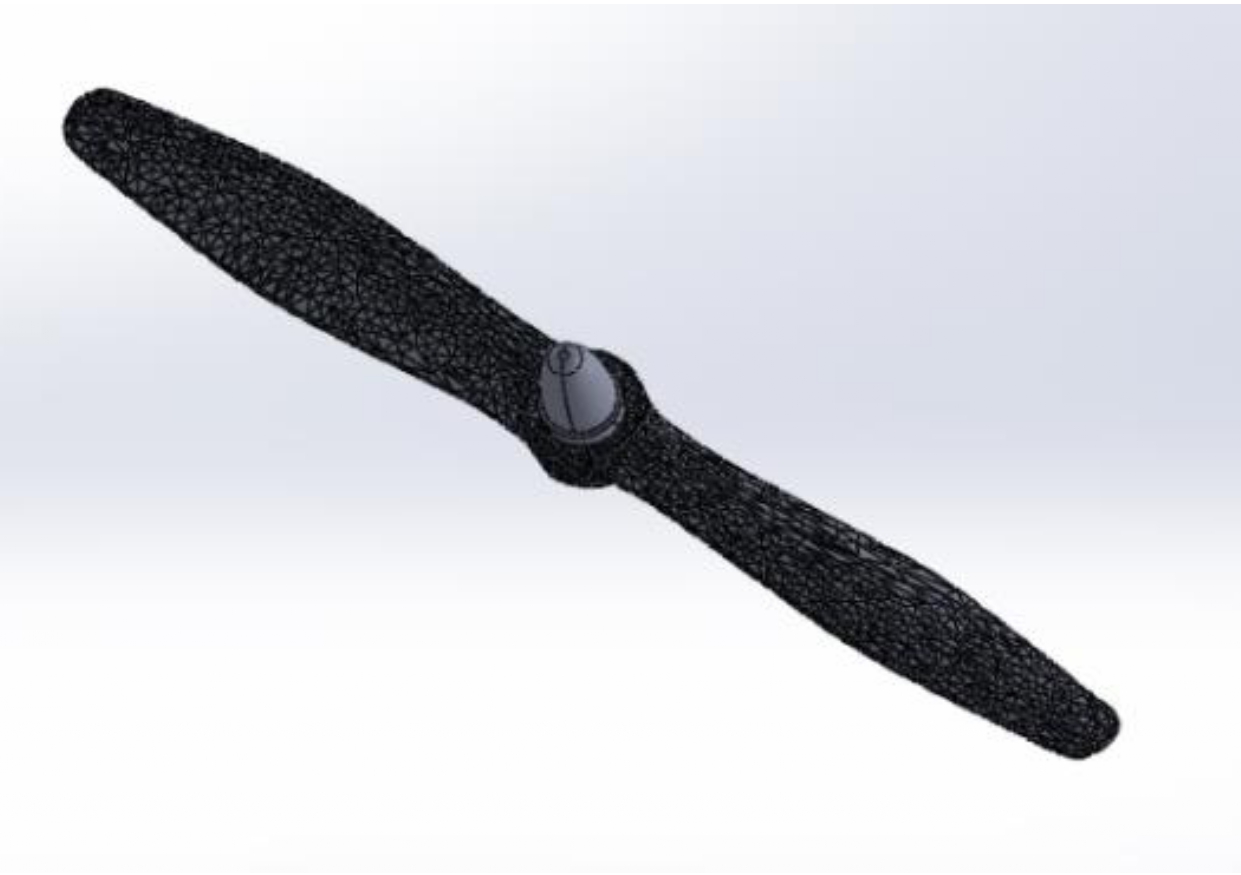DEVELOPMENT AND ANALYSIS OF A 7040 PROPELLER AIRSCREW TEST BENCH USING EXPERIMENTATION AND CFD
DOI:
https://doi.org/10.23917/mesin.v26i2.12059Keywords:
7040 Propeller performance, static thrust, CFD simulation, ANSYS CFX, experimental validation, test benchAbstract
This study presents a performance evaluation of a 7×4 propeller using both experimental and computational approaches. A test bench was developed to measure static thrust and power consumption across various rotational speeds (RPM), while Computational Fluid Dynamics (CFD) simulations were performed using ANSYS CFX to analyze the aerodynamic behavior and thrust generation under identical conditions.
The experimental setup employed an Arduino-based system integrated with sensors for thrust, voltage, current, and RPM measurements. Thrust values increased proportionally with RPM, reaching a maximum of 2.7468 N at 9000 RPM. In comparison, the CFD simulation predicted a higher thrust of 3.6358 N at the same speed. Although some deviations were observed—particularly at higher RPMs—the overall trends between experimental and CFD results were consistent, indicating that both methods effectively capture the propeller’s performance characteristics.
The findings confirm that the test bench provides reliable measurements under static conditions and that CFD can serve as a predictive tool for propeller performance. Further improvements through dynamic testing and simulation refinement are recommended to enhance accuracy and represent real-world flight conditions.
Downloads

Downloads
Submitted
Accepted
Published
Issue
Section
License
Copyright (c) 2025 Sarjito Sarjito, Anggit Bayu Prabowo, WIjianto, Buyung

This work is licensed under a Creative Commons Attribution 4.0 International License.











